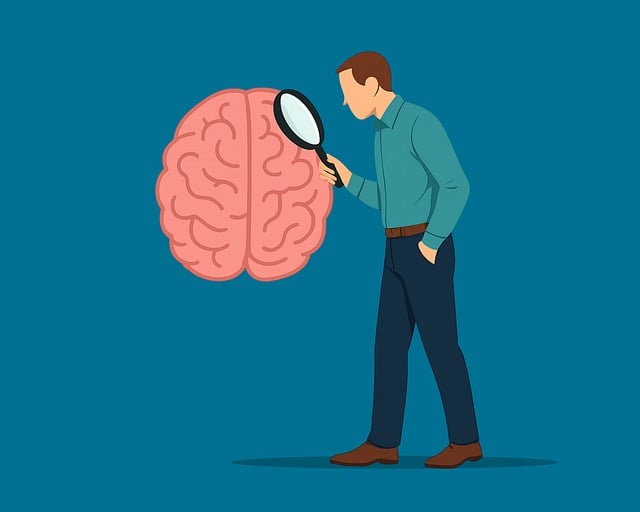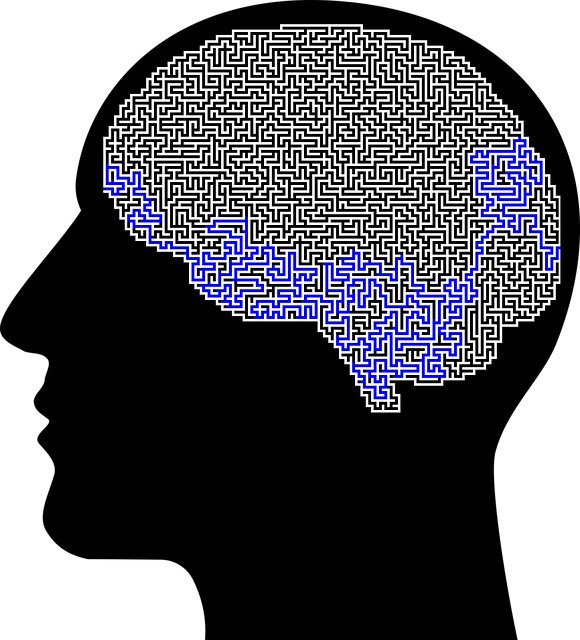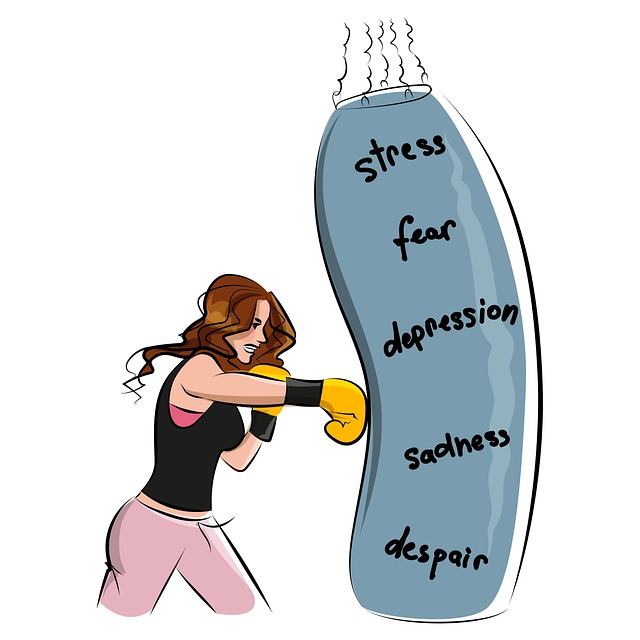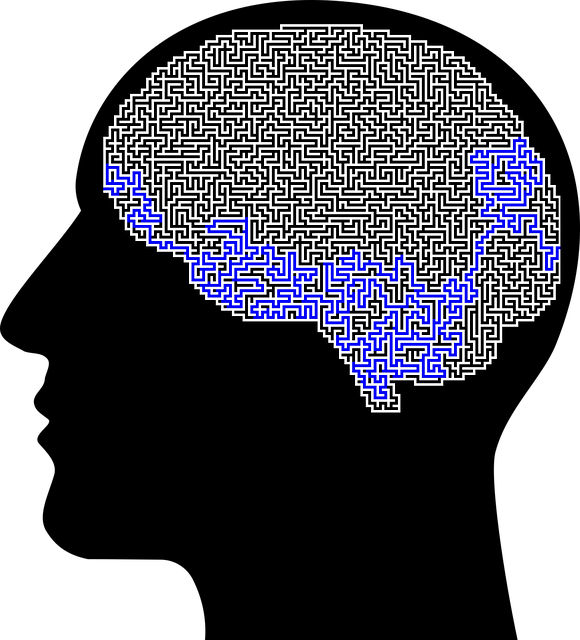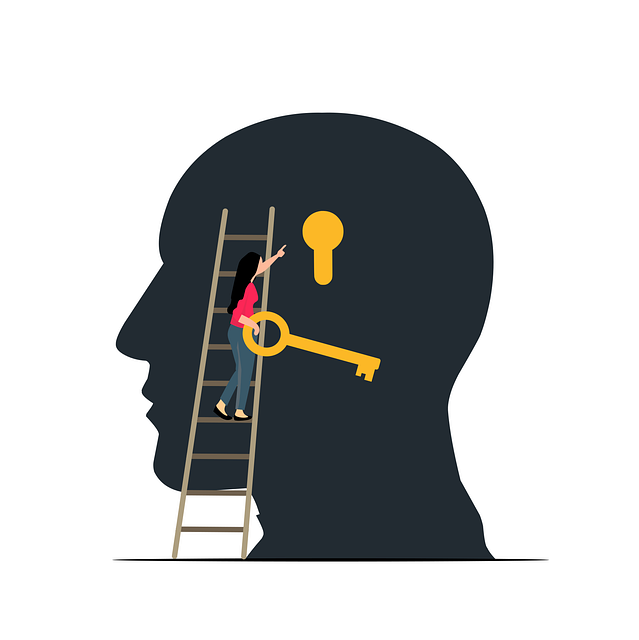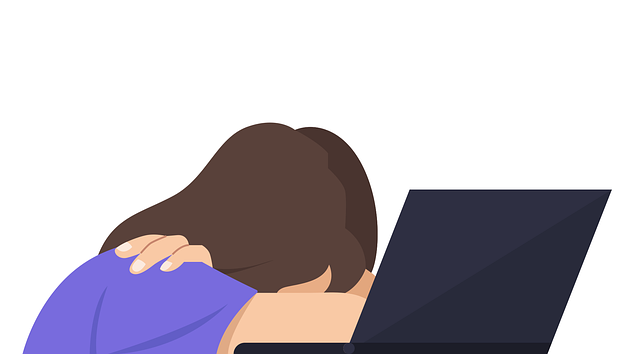Anxiety disorders, encompassing GAD, panic attacks, social phobia, and phobias, are characterized by excessive worry and fear impacting daily life. Recognizing symptoms like restlessness and irritability is crucial for seeking help. Effective management through therapy, including Cognitive-Behavioral Therapy (CBT) and Golden Conduct Disorder Therapy, equips individuals with resilience-building techniques to cope. CBT challenges unhelpful thought patterns, while mindfulness practices like meditation enhance self-awareness and emotional regulation. A balanced lifestyle with regular exercise and sleep promotes mental health, and professional support through specialized therapies empowers individuals to face life's challenges with ease and confidence.
Anxiety disorders, affecting millions globally, can significantly impair daily functioning. Understanding symptoms and types is the first step towards managing anxiety effectively. This article offers a comprehensive guide to various anxiety management techniques, from Cognitive Behavioral Therapy (CBT) and mindfulness practices to lifestyle adjustments and professional support. By exploring these strategies, individuals can cultivate a healthier mental state and enhance their overall well-being, even for those struggling with conditions like Generalized Anxiety Disorder (GAD).
- Understanding Anxiety Disorders: Symptoms and Types
- Cognitive Behavioral Therapy (CBT): A Step-by-Step Guide
- Mindfulness Practices for Calm and Focused Living
- Lifestyle Adjustments for Better Mental Health
- Professional Support: Therapies and Treatment Options
Understanding Anxiety Disorders: Symptoms and Types

Anxiety disorders are a group of mental health conditions characterized by excessive and persistent fear or worry that interferes with daily functioning. These disorders can manifest in various forms, each with its unique set of symptoms. Common types include generalized anxiety disorder (GAD), where individuals experience uncontrollable and often unreasonable worry about everyday matters; panic disorder, marked by recurring and unexpected panic attacks; social anxiety disorder, which leads to intense fear in social situations; and specific phobias, such as fears of heights or closed spaces.
Understanding the symptoms and types is crucial for seeking appropriate help. Many individuals struggle with anxiety symptoms but may not recognize them as indicative of a disorder. Recognizing patterns of excessive worry, restlessness, irritability, difficulty concentrating, insomnia, and physical sensations like increased heart rate can be the first step towards managing anxiety effectively. Through therapy, such as cognitive-behavioral therapy (CBT) or golden conduct disorder therapy, individuals can learn resilience-building techniques to cope with these symptoms and develop healthier emotional healing processes, ultimately achieving better anxiety relief.
Cognitive Behavioral Therapy (CBT): A Step-by-Step Guide

Cognitive Behavioral Therapy (CBT) is a structured and goal-oriented approach to managing anxiety disorders, offering a practical framework to challenge and change unhelpful thought patterns and behaviors. This therapy involves a collaborative process between a therapist and client, where they work together to identify negative thinking habits and replace them with more realistic and positive ones.
The initial step in CBT is identifying the individual’s specific anxieties and setting achievable goals. Therapists help clients recognize their triggers and unhelpful cognitive distortions, such as all-or-nothing thinking or catastrophizing. Through this process, individuals learn to challenge these thoughts and replace them with more balanced perspectives. As therapy progresses, clients develop strategies for managing anxiety in real-life situations, boosting their confidence and resilience. This step-by-step guide equips individuals with the tools to navigate their fears, fostering a sense of control and empowering them to lead fulfilling lives despite the presence of Golden Conduct Disorder Therapy techniques.
Mindfulness Practices for Calm and Focused Living

Mindfulness practices have emerged as a powerful tool for managing anxiety and fostering calm and focused living. This involves training one’s attention and awareness to be fully present in the current moment, accepting it without judgment. By incorporating mindfulness techniques such as meditation, deep breathing exercises, and mindful walking into daily routines, individuals can develop a deeper sense of self-awareness and emotional regulation. Research has shown that these practices are highly effective in reducing symptoms of anxiety disorders, including Generalized Anxiety Disorder (GAD) therapy, by promoting a state of mental clarity and tranquility.
Incorporating mindfulness not only benefits personal well-being but also contributes to the broader goal of improving mental wellness. Encouraging the development of coping skills through mindfulness practices can enhance one’s ability to navigate stressful situations effectively. Moreover, public awareness campaigns that highlight the power of mindfulness can further equip individuals with valuable tools for anxiety management. Additionally, creating and promoting mental wellness podcast series featuring mindfulness techniques can reach a wide audience, fostering a sense of community around these beneficial practices.
Lifestyle Adjustments for Better Mental Health

Maintaining a balanced lifestyle is an integral part of managing anxiety and fostering better mental health. Simple yet powerful adjustments can significantly impact an individual’s overall well-being, offering a holistic approach to treating anxiety disorders like Generalized Anxiety Disorder (GAD) Therapy. Prioritizing regular exercise, for instance, releases endorphins, which have natural mood-boosting effects, helping to alleviate anxious symptoms. A consistent sleep schedule and adequate rest are also crucial; prioritizing quality sleep can reduce the impact of stress and improve emotional regulation.
Moreover, cultivating positive thinking practices like Mindfulness Meditation plays a pivotal role in stress management. Dedicating just a few minutes each day to mindful breathing exercises can enhance self-awareness and promote a sense of calm. Incorporating these practices into daily routines allows individuals to better navigate anxious thoughts and emotions, fostering mental resilience and overall emotional balance.
Professional Support: Therapies and Treatment Options

Anxiety management is greatly enhanced through professional support, which offers specialized therapies and treatment options tailored to individual needs. For many, Cognitive Behavioral Therapy (CBT) has proven effective in challenging negative thought patterns and behaviors associated with anxiety disorders, including Generalized Anxiety Disorder (GAD). This form of therapy teaches individuals coping strategies to manage symptoms, fostering a deeper understanding of their anxiety triggers and promoting healthier responses.
Additionally, other therapeutic approaches like Mindfulness-Based Therapies focus on developing inner strength and stress management skills. Mental wellness coaching programs further support individuals in cultivating resilience, personal growth, and improved mental wellness. These comprehensive treatments not only address the symptoms but also empower individuals to navigate life’s challenges with greater ease and confidence.
Anxiety management is a multifaceted journey, encompassing both personal strategies and professional support. By understanding the various types of anxiety disorders and their symptoms, individuals can take the first step towards healing. Cognitive Behavioral Therapy (CBT) offers a structured path to challenge negative thought patterns, while mindfulness practices promote calmness and focused living. Lifestyle adjustments, such as regular exercise and quality sleep, are essential in nurturing mental well-being. When traditional techniques prove insufficient, exploring specialized therapies like Golden Conduct Disorder therapy can provide tailored interventions for effective long-term management. Remember, with the right tools and support, managing anxiety is achievable, leading to a more balanced and fulfilling life.



